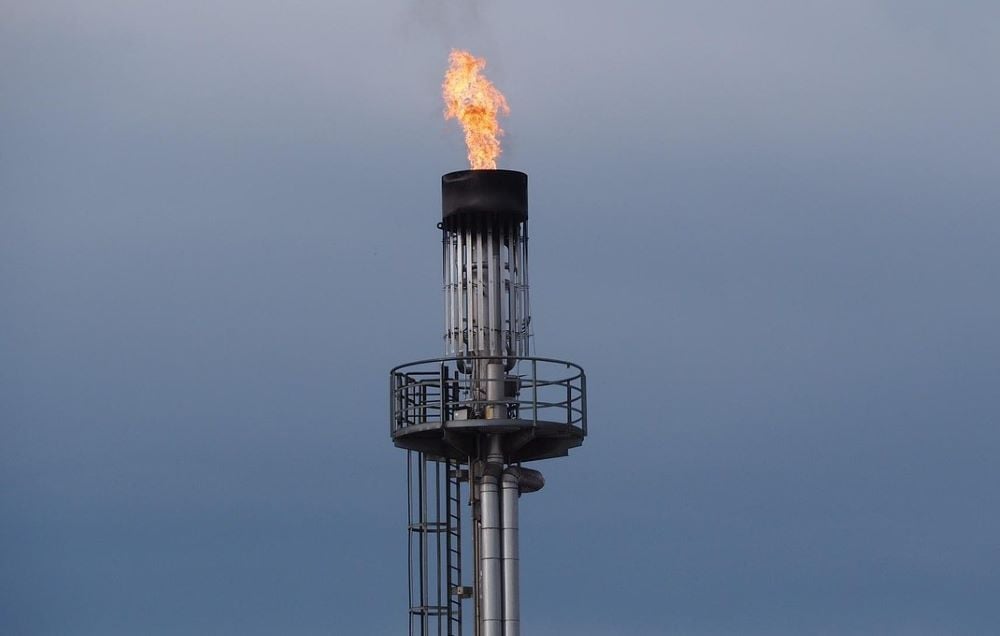
Is 2024 the last year of its growth?
”
Things are not looking well for Germany’s biggest carmaker Volkswagen. It’s been accused of a $1.4 billion tax evasion in India. Northvolt, a Swedish company in which it had invested, has tumbled down to bankruptcy. The company is closing down a major Chinese plant in the Xinjiang region that will be handed over to a local manufacturer. Workers are preparing for a strike in its home country, Germany after its management announced possible wage cuts and layoffs and where it’s also shutting down its factories.
Being one of the largest carmakers in the world, a symbol of exquisite German engineering and mechanics, something that pushed Germany into the leagues of heavy manufacturing and expertise in mechanical manufacturing, what has caused the Volkswagen to end up like this?
The company employs 689,000 workers globally. Especially in Germany where it was born, The cars were hailed as the “People’s car” (the name literally translates to this in German). Volkswagens operated with a vision back then: to ensure that their cars were affordable for the common man. It was one of the national firms of Germany where a generation of workers had been employed. They took pride in associating themselves with Volkswagen.
The company’s streak of success was till 2023 when it reported a revenue of 320 billion Euros. It was 7.5% of Germany’s entire GDP. After this things started to go South.
When the idea and usage of electric vehicles spread more aggressively than actual EVs getting sold, countries across Europe were forced to shift in making the change from traditional engines to creating electric ones. Volkswagen was one of those companies that were forced to adopt the EV trend. This rapid change led to the restructuring of the company in unprecedented ways. Volkswagen took pride in its engineering but making an electric vehicle is a far cry than making a traditional one. It requires a whole new set of expertise and software engineering, something Volkswagen needed to gain. Tesla currently stands as the only company at the moment that has excelled in manufacturing both cars and the required software technology.
Also Read: The Fall of Starbucks
The German biggest automaker had to start manufacturing batteries and engines at a pace and volume it was not ready to manufacture. The result? The EVs that were being introduced were not efficient enough. They were not appealing to the masses, and they were expensive (An average EV car can cost at least 25% more than its traditional counterpart).
The product that came out from all this did not seem appealing and therefore resulted in people turning away from their once favorite brand.
While Volkswagen’s new EVs were failing to keep up with the company’s legacy, more than 7,000 kilometers away from Germany another problem had brewed. The local Chinese manufacturers had started entering the West. 19.5% of EVs sold in the EU in 2024 were Chinese. EU had imported 10 billion Euros worth of EVs in 2023. When talking about China, one of Volkswagen’s biggest markets, the local brands have started to rapidly gain momentum.
Companies like BYD, Geely, and Nio are dominating the local Chinese market while paving their way to enter Europe and Latin America.
When we look at Chinese EVs, they are efficient and cost less than their European counterparts. While a Model S Tesla can cost anywhere around $35,000, the new Xiaomi SU7 is available for less than $25,000 in the market. The new Asian EVs have posed a serious threat to European carmakers including Volkswagen.
The second term of Trump will be challenging not only for American rivals like China but also for its close allies. Donald Trump has proposed up to 25% tariffs on all imported European goods. Tariffs like these reflect the US’s willingness to ramp up its domestic industry while raising the prices of foreign goods. Tariffs like these have always been a source of obstacles when advocating for free trade. Volkswagen could hit a big slump in sales if the Americans started substituting their vehicles for something else.
In the city of Skellefte, Sweden, a flagship of the Swedish Green Revolution initiative was constructed in 2016 in the form of a huge gigafactory. It manufactured batteries for the EVs, the new set of vehicles that would drive Europe and the whole world to a cleaner tomorrow. It garnered substantial investments from Volvo and Volkswagen.
And when just everything was about to change for the good, it changed into something bad. The factory was losing money more than making it. Northvolth had reported cashflow issues. It was now about to lay off some people. A 25-year-old death in the plant spurred rumors and a series of investigations that were related to workplace violations. As I write, Northvolt is facing bankruptcy. Its collapse is a loss for everyone who had invested in it, including Volkswagen.
As Jasper Jolly writes in The Guardian the German automobile maker has a year or two to turn things around as it struggles to defend its plant closing decision, other European carmakers are involved in their parallel struggles of increasing EV sales.
Being second only to the Japanese Toyota in 2023 car sales, it seems unreal to see it struggle It could conclude this year with 500,000 fewer sold vehicles than in the pre-pandemic era.
Observing this crisis, the question naturally occurs, is it the the fewer sales that are killing People’s Car or its reluctant adaption into the new trendy EV era?
”




